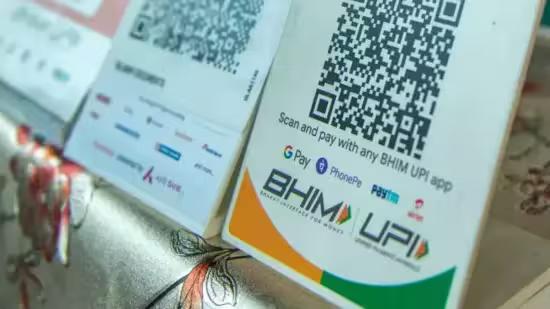
Trinidad & Tobago becomes the first Caribbean nation to adopt UPI
In a significant move that marks a new era of digital payments, Trinidad and Tobago has become the first Caribbean country to adopt Unified Payments Interface (UPI), India’s flagship digital payment platform. This development was announced during Prime Minister Narendra Modi’s two-day official visit to the Caribbean nation, where he met with the Prime Minister of Trinidad and Tobago, Dr. Keith Rowley.
The adoption of UPI by Trinidad and Tobago is a major milestone in the country’s journey towards digital transformation, and it is expected to have a significant impact on the country’s financial landscape. UPI is a real-time payment system that allows users to send and receive money using their mobile phones, using a unique virtual address. It is a secure, fast, and convenient way to make payments, and it has been widely adopted in India, where it has revolutionized the way people make payments.
The adoption of UPI by Trinidad and Tobago is a result of a Memorandum of Understanding (MoU) signed between the two countries, which aims to promote cooperation in the field of digital payments and financial inclusion. The MoU was signed during PM Modi’s visit, and it covers a range of areas, including the implementation of India Stack solutions, including DigiLocker, e-Sign, and Government e-Marketplace (GeM).
The India Stack is a set of APIs that enables the creation of various digital services, including digital payments, identity verification, and document storage. DigiLocker is a digital locker that allows users to store their documents, such as Aadhaar cards and driving licenses, securely. e-Sign is a digital signature platform that allows users to sign documents electronically. GeM is a government e-marketplace that allows businesses to buy and sell goods and services digitally.
The adoption of UPI by Trinidad and Tobago marks a significant milestone in the country’s journey towards digital transformation, and it is expected to have a range of benefits for the country’s financial system. Some of the benefits include:
- Increased financial inclusion: UPI is expected to increase financial inclusion in Trinidad and Tobago, particularly among the unbanked and underbanked population.
- Improved payment security: UPI is a secure payment system that uses a unique virtual address to make transactions, which reduces the risk of fraud and increases the security of transactions.
- Increased efficiency: UPI is a fast and convenient way to make payments, which is expected to increase the efficiency of transactions and reduce the time spent on making payments.
- Increased competition: The adoption of UPI by Trinidad and Tobago is expected to increase competition in the country’s financial sector, which is expected to lead to better services and lower prices for consumers.
The adoption of UPI by Trinidad and Tobago is also expected to have a range of benefits for India, including:
- Increased trade: The adoption of UPI by Trinidad and Tobago is expected to increase trade between the two countries, particularly in the areas of goods and services.
- Increased investment: The adoption of UPI by Trinidad and Tobago is expected to increase investment in the country, particularly in the areas of finance and technology.
- Increased cooperation: The adoption of UPI by Trinidad and Tobago is expected to increase cooperation between the two countries, particularly in the areas of finance and technology.
In conclusion, the adoption of UPI by Trinidad and Tobago is a significant milestone in the country’s journey towards digital transformation, and it is expected to have a range of benefits for the country’s financial system. The adoption of UPI by Trinidad and Tobago marks a new era of digital payments in the Caribbean, and it is expected to increase financial inclusion, improve payment security, increase efficiency, and increase competition in the country’s financial sector.






